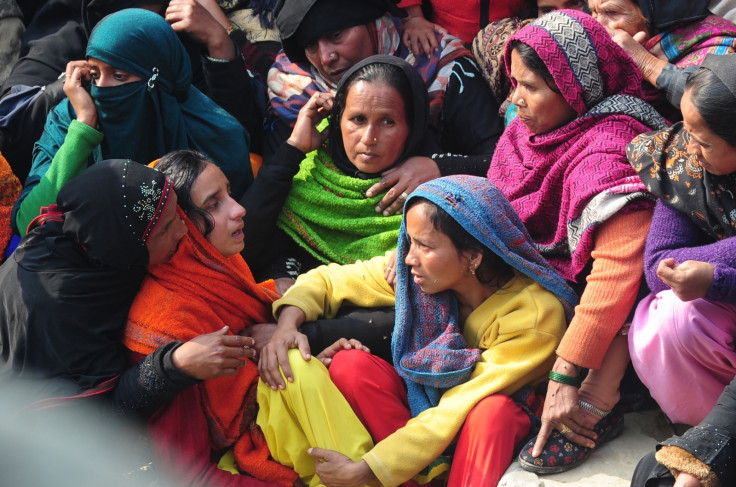Women in India are 40 times more likely to die after an assault than US women
It's thought that many women don't or can't seek medical attention for their injuries.

Women who are subject to violent attacks in India are 40 times more likely to die from the incident than women in the US, a study has found.
A few high-profile cases dominate the public view of violence against women in India, such as the gang rape of a 23-year-old student in December 2012 in Delhi, who subsequently died. But inequalities relating to women's survival rates after violent assaults - both sexual and non-sexual - have been relatively poorly understood.
The study, published in the journal BMJ Public Health, looked at 11,670 cases of trauma among men and women from four hospitals in Kolkata, Mumbai and Delhi between 2013 and 2015. This was compared with 14,155 cases treated at trauma centres in Pittsburgh in the US in the same period.
The top three causes of injury are falls, traffic accidents and assault. An "unparalleled" disparity was seen in cases of assault between women in India and in the US.
"Our findings highlight an important, previously unpublished discrepancy in gender outcomes after trauma, especially for female patients who presented for trauma care after sustaining assault," the authors write in the paper.
"Trauma clinical care providers, including developing/existing prehospital care systems, should be aware of the potential social and/or societal reasons for this mortality discrepancy."
The study found a correlation but did not investigate causes of the inequality. However, the researchers suggested that the difference could be because women in India may not be able to seek medical attention sufficiently quickly for effective treatment of their injuries.
Part of this could be due to the nature of the assaults. An average of only a quarter of women who are assaulted by an intimate partner actively seek care.
Violence against women in India is thought to be vastly underreported. In India, there were 24,923 rape cases reported to the Ministry of Home Affairs in 2012, representing an increase of 15.8% from 2009. In 2015, this rose to 34,000 reports. The authors call for standardisation of the medical data on those who are treated for and survive assaults such as these to allow more detailed research on the outcomes for women.
"Our findings support the need for trauma registries to develop standardised coding mechanisms for mechanism and intentionality of injury in order to elucidate additional reasons for mortality discrepancies that may not be related to clinical care or injury severity," the authors conclude.
© Copyright IBTimes 2025. All rights reserved.






















